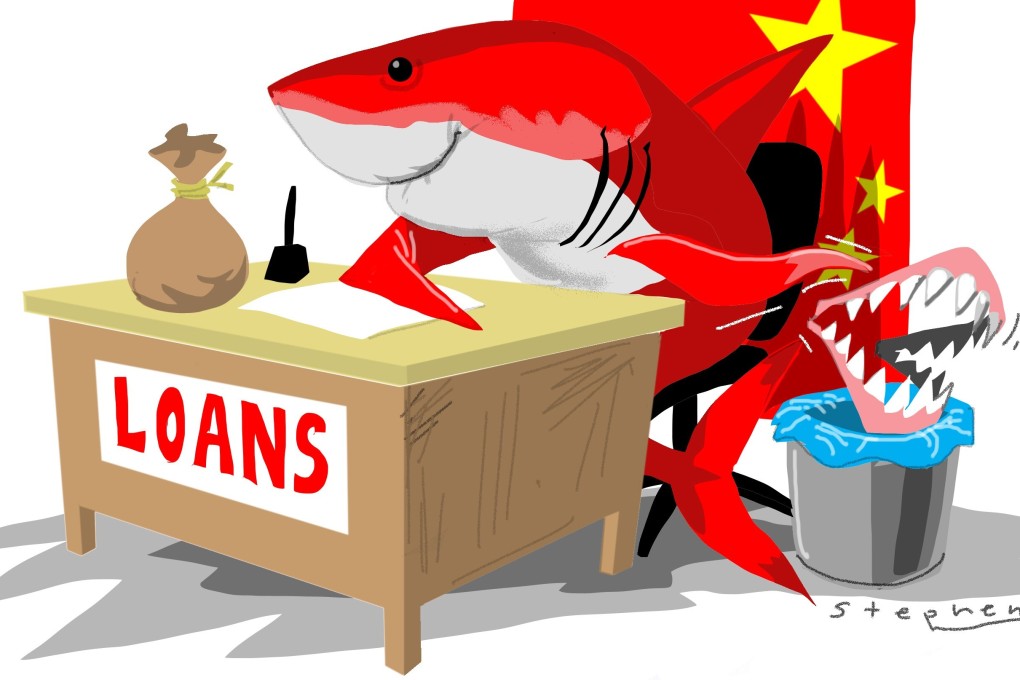Advertisement
Opinion | How the coronavirus pandemic has trapped China’s Belt and Road Initiative between a rock and a hard place
- China deviated from its usual policy by joining other nations in agreeing to a debt moratorium for countries in economic distress
- Some of China’s principal loan recipients, with weak health systems and large populations, are going to be hard hit by the pandemic. Restructuring their debt will be no easy feat
Reading Time:4 minutes
Why you can trust SCMP
0

A looming crisis in the developing world has caught the attention of major international lenders, including the Group of Seven, Paris Club and the World Bank, with a notable addition – China. For years, Beijing has resisted efforts to coordinate its lending with international financial institutions. And yet consensus has formed that temporary financial relief is essential for developing countries facing a mountain of debt, the spreading Covid-19 pandemic, and an impending global recession.
The larger G20 group of advanced economies, which China is a part of, have agreed to a debt moratorium for poorer countries in economic distress. Some finance ministers even insisted that their support for the relief package, which halts both principal and interest payments through at least 2020, was contingent on China agreeing to join in.
This is a sign, albeit limited, that not only is Beijing considered on par with the wealthy and powerful of the world, but that its interests coincide with a coalition of developed nations – at least for the moment. If China breaks ranks and pursues its own narrow interests, when many of these loans eventually default, it will lose the status it has long sought by developing its global soft power.
China has long preferred often secretive bilateral deals over coordinated lending efforts. These deals have included loose standards for projects of dubious utility, including transportation projects in Pakistan, Montenegro and Kazakhstan. National assets have been used as collateral. Actual loan amounts have often not been disclosed, making credit assessments by international institutions like the World Bank inaccurate.
This global lending spree, most recently through the Belt and Road Initiative, and China’s mishandling of the coronavirus outbreak are largely responsible for the developing world’s recent economic dislocation.
Even with the temporary halting of debt payments, these countries will not be able to service their debts months from now or for the foreseeable future. The G20 agreement is not likely to solve this longer-term payment problem because the current debt relief is simply debt delayed.
Advertisement
